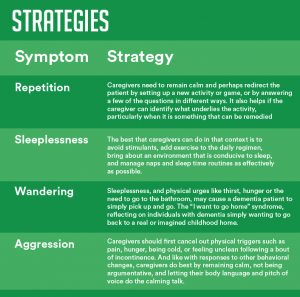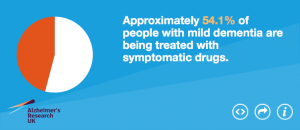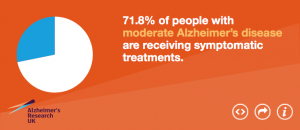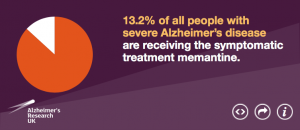 There are 3 important stages that any patient suffering from dementia goes through (early-stages, middle stages and late stages). The patient’s condition worsen as time goes by so here are some ways that caregivers can take care of the patient during these stages:
There are 3 important stages that any patient suffering from dementia goes through (early-stages, middle stages and late stages). The patient’s condition worsen as time goes by so here are some ways that caregivers can take care of the patient during these stages:
In the early stage of Alzheimer’s, most patient function independently. They are able to do regular activities such as driving, work, volunteer etc… According to the Alzheimer’s association “in this stage the role of the caregiver is to provide support and companionship, and help plan for the future. the early stage can last for years
During the middle stages of Alzheimer’s, damage to the brain can make it difficult to express thoughts and perform routine tasks. The person suffering from the disease will find it difficult to talk normally, to dress themselves or even bathe. Due to this loss of independence the person get affected emotionally. Their self esteem take a huge hit because they have to rely so much on other people than ever before. You should encourage them to do tasks but make sure to offer your help when needed”. By allowing to perform certain task they will not feel that they are still able, which will raise their self confidence. Also encourage them to communicate with you, Alzheimer’s patient tend to isolate themselves so by encouraging communication they will be more open.
The late stage is really hard to deal with. The patient at this stage need full assistance for daily tasks and personal activities. They also start to find it extremely difficult that to communicate and become more vulnerable to infection and pneumonia. .” One of the most important daily care-giving tasks during late-stage Alzheimer’s is monitoring eating and check for skin illnesses. Also the patient should have an health care proxy that will make sure that his/her wishes about her treatment are being taken into consideration when she is not able to communicate.
FOR MORE INFORMATION
https://www.alz.org/alzheimers-dementia/10_signs
https://www.health.harvard.edu/newsletter_article/the-emotional-side-of-alzheimers-disease
https://www.payingforseniorcare.com/alzheimers/financial-assistance.html







